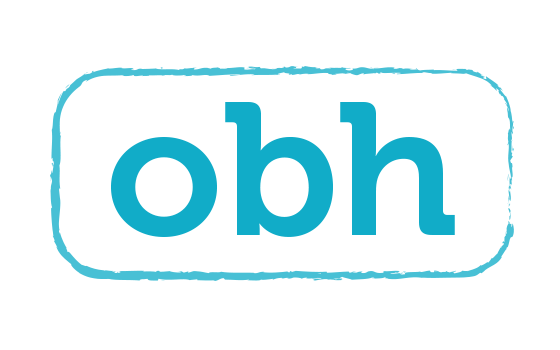 A technology developed in the UK has been selected for a national NHS acceleration programme to help measure if care is making a meaningful difference to people and to empower the NHS to prevent diseases, reduce severe illness and improve quality of life.
A technology developed in the UK has been selected for a national NHS acceleration programme to help measure if care is making a meaningful difference to people and to empower the NHS to prevent diseases, reduce severe illness and improve quality of life.
NHS England Medical Director Professor Sir Bruce Keogh and US digital health expert Professor Robert Wachter revealed in November eight health innovations to join the NHS Innovation Accelerator for 2016.
The innovations selected to join the programme include OBH's 'Outcomes Platform' - a web-based, population health analytics product, which measures whether care provided is making a meaningful difference to people's lives.
The technology supports healthcare systems, such as commissioners and care providers, who are actively working towards building 'value based healthcare' models in their organisations. It enables health systems to organise care between different providers more effectively, around outcomes that are important for people and populations.
The key focus for OBH is to shift measurement and reimbursement away from simply volume of illness treated (typically described as a "sick-care" model in healthcare), towards improving people's health. This includes preventing disease, reducing severe illness, improving quality of life, and feeling able to confidently manage their health conditions.
Dr Rupert Dunbar-Rees, the CEO and founder of Outcomes Based Healthcare, said: “Being selected by NHS England as one of its eight innovations for 2016, is a fantastic opportunity to move to rewarding NHS organisations not only for the great work they do to treat patients, but for the serious efforts being made to prevent serious adverse events.
"This reflects the huge amount of hard work the NHS is now putting into defining, measuring and paying for the things which actually matter to people."
Last year, the programme selected 17 innovations and supported their roll out across over 380 NHS organisations, benefiting millions of NHS patients.
Each of the innovations are evidence-based and cost-saving and focus on providing solutions to key challenges facing the NHS, including better prevention of ill health, improved management of long term conditions and early intervention into diseases.
The announcement has been welcomed by NHS England Chief Executive Simon Stevens, who said: "Necessity is the mother of invention, and health care worldwide is now fizzing with smart innovation. In the NHS, we're now taking practical action to develop and fast track these new techniques into mainstream patient care."
The NHS Innovation Accelerator is led by NHS England, delivered in partnership with the country's 15 Academic Health Science Networks (hosted by UCLPartners) who facilitate and support health innovators with getting their innovation rolled out across the NHS.
The accelerator aims to meet the commitment set out the Five Year Forward View to create the conditions and cultural change necessary for proven innovations to be adopted faster and more systematically through the NHS.
Also commenting on the announcement, Sir Bruce Keogh, NHS England's National Medical Director, said: "With rising demand and escalating costs, innovation is not an option but a necessity if we are to build a sustainable NHS. The innovations selected for this programme have the potential to deliver better value for the taxpayer whilst making patient interactions with the NHS safer and more personal."
Speaking at the launch event in November, Professor Robert Wachter, said: "The work you are doing is extraordinarily important. I think it's the only way that the NHS will be able to achieve the goals of the Five Year Forward View and even beyond that to develop a health care system for the people of England and the UK that delivers the best, highest quality, safest, most satisfying, accessible care for the lowest possible cost."
About Outcomes Based Healthcare
OBH are outcomes data experts. We offer specialist advice, tools and technology to help commissioners and care providers make a reality of value-based healthcare strategies and outcomes-based contracts, tailored to specific populations and pathways.
We are a team of clinicians, developers, data scientists, NHS data analysts, economists, and product specialists who share a deep commitment to supporting sustainable healthcare, and transforming the way healthcare measures and funds success, to those things that matter to people. We bring a variety of perspectives to the challenge, and deep specialist knowledge that underpins our robust methodologies.
About the NHS Innovation Accelerator
The NHS Innovation Accelerator (NIA) supports some of the best national and international healthcare innovators with evidence-based innovations to help improve health outcomes and give patients access to the latest products, services and technology at lower cost.
The NIA is an NHS England initiative hosted by UCLPartners in partnership with the country's 15 Academic Health Science Networks (AHSNs).